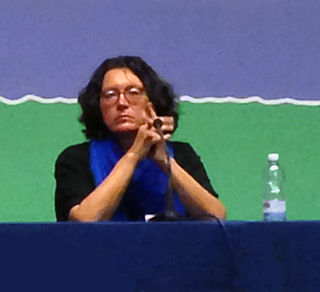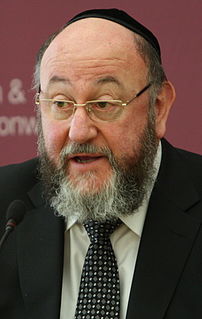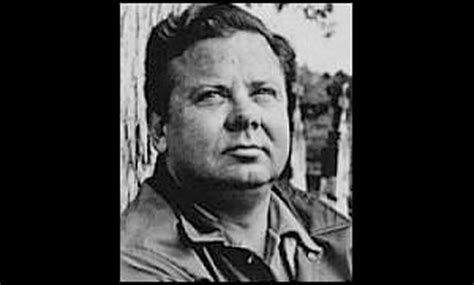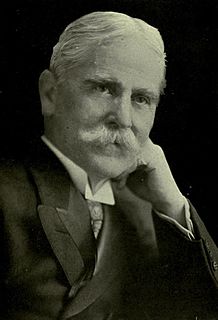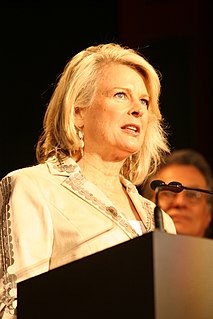A Quote by Norman Finkelstein
I was probably unusually close to my parents, so I do what I can now to preserve the integrity of their memory. The Holocaust deserves to be remembered.
Related Quotes
My mother's people, the people who captured my imagination when I was growing up, were of the Deep South - emotional, changeable, touched with charisma and given to histrionic flourishes. They were courageous under tension and unexpectedly tough beneath their wild eccentricities, for they had and unusually close working agreement with God. They also had an unusually high quota of bullshit.
Memory is a capricious and arbitrary creature. You never can tell what pebble she will pick up from the shore of life to keep among her treasures, or what inconspicuous flower of the field she will preserve as the symbol of "thoughts that do often lie too deep for tears." . . . And yet I do not doubt that the most Important things are always the best remembered.

